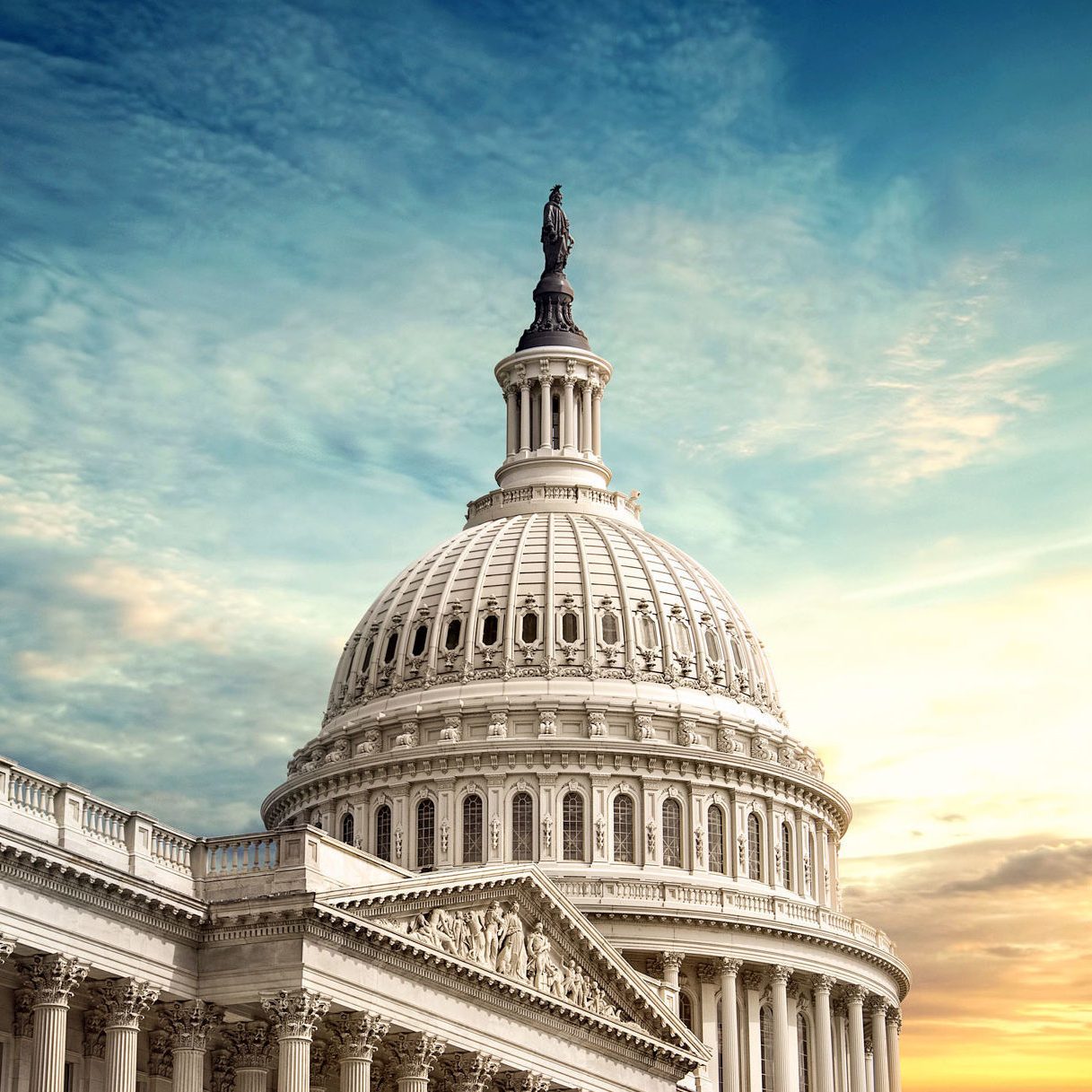Parking, certification, health care and web domains are in the crosshairs
2020 is bringing a continued period of change to Washington, D.C., With further tax legislation being debated and presidential elections approaching, it’s more important than ever for the voice of association professionals to be heard. Here are some issues The Center for Association Leadership (ASAE) is following.
Nonprofit Parking and Transportation Benefits
The 2017 Tax Cuts and Jobs Act included a first-ever tax on fringe transportation benefits for tax-exempt organizations. The tax included employer-provided benefits, such as transportation, parking and on-premises athletic facilities. In a major win for the association community, Congress repealed the 21 percent tax in December. This was possible thanks to the countless association professionals who wrote letters and visited congressional offices to support repeal, as well as the legislators on both sides of the aisle who understood the compliance challenges and administrative burdens that the tax created for nonprofit groups.
Voluntary Certification
ASAE expects to see continued challenges to voluntary professional certification in the coming year. Beginning in 2018, associations have seen increasing, often haphazardly written, professional credentialing reform laws across the country. ASAE and the Professional Certification Coalition (PCC) has monitored over 80 bills in at least 30 states in 2019. Association advocates have been critical in educating elected officials on the merits of certification, and in stopping dangerous legislation in state capitals around the country.
In 2020, our goal is to uphold self-regulation for private certification organizations and to ensure legislators recognize the important role of high standards set by private certification organizations for consumers, professionals, employers and licensure authorities.
Association Health Plans
Associations continue to be active in the fight to support association health plans (AHPs) on the state and federal level. In 2018, the Department of Labor (DOL) issued a rule regarding AHPs as a means of helping small businesses and self-employed people get affordable health coverage. Under the final rule, AHPs can be sold nationally, in groups of states or in a single state. Since the regulation was released, ASAE’s goal has been to work collaboratively with federal and state regulators to resolve remaining policy and legal uncertainties so that AHPs can operate as the DOL envisioned. The main legal hurdle to overcome is a federal district court decision in 2019 that invalidates the DOL’s 2018 rule expanding access to AHPs. The case was brought by attorneys general from 11 states and Washington, D.C. A final ruling is not expected until early 2020. While the court case plays out, ASAE’s coalition has helped 10 states enact laws conforming to the DOL’s AHP rule. PCC also secured guidance from the DOL in clarifying that AHPs existing through the original pathway before the new rule were not impacted by the district court ruling. PCC has also developed “best practices” for organizations currently sponsoring—or wanting to sponsor—an AHP.
Sale of the .org Registry
There are also new issues on the radar, such as the recent sale of the .org registry to a private equity firm, which could greatly increase the price of association domain name registrations and renewals. In November, Public Interest Registry (PIR) announced a deal to be acquired by Ethos Capital LLC. PIR has managed the .org domain registry since 2002. There are roughly 10 million .org domains in operation, including most web addresses used by associations.
In December, ASAE asked the federal government to intercede and stop the pending sale of the .org domain registry. The concern that Ethos will raise the fees to register and renew domain names has heightened since the Internet Corporation for Assigned Names and Numbers (ICANN), a global entity that manages the Internet’s address system, took steps this past June to remove the long-standing price cap of 10 percent for renewal of .org domain names.
In response to public outcry from the .org community, ICANN delayed the sale to afford PIR time to exhibit some transparency and provide .org stakeholders answers to questions about the recently announced acquisition. This delay is much needed; however, it does not reassure the .org community that the parties involved in this transaction have prioritized the interests of .org over real and envisioned profits.
As we look forward to a new year, it’s critical for association professionals and industry partners to stay engaged in the process and remind elected officials of the positive impact of the association community on the economy and society overall. To get involved, or if you have any questions about policy issues impacting associations, contact the ASAE Public Policy team at [email protected].
Mary Kate Cunningham, CAE, is vice president of public policy with ASAE. She oversees ASAE’s advocacy efforts on behalf of 44,000 association professional and industry partner members on state and federal policy issues. Prior to this role, she worked for the House Armed Services Committee. She serves as a member of the Tax Coalition and the Truman National Security Project. The views expressed are her own and those of ASAE.




